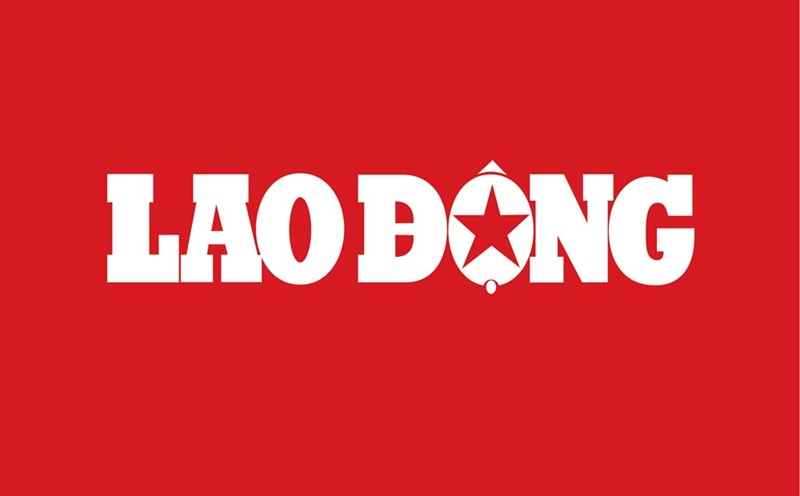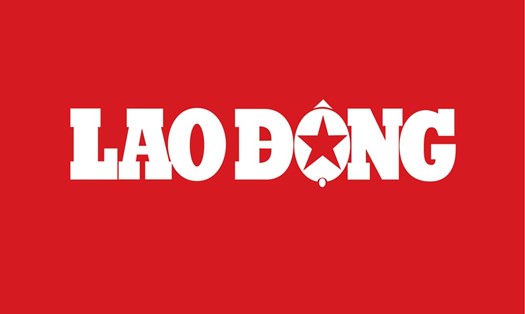Former German Chancellor Angela Merkel said the purchase of Russian gas was a good deal, dismissing suggestions it could be a strategic mistake.
Merkel, who served as German Chancellor from 2005 to 2021, was in Paris this week to promote her memoir. She gave an exclusive interview to state broadcaster France 2, in which she was asked about Germany's energy ties with Russia.
"Gas trading with Russia has a long tradition, starting during the Cold War and continuing throughout my tenure. I don't think it was a mistake, because we bought Russian gas at a preferential price," Merkel said in an interview broadcast on the evening of December 9.
"It was a win-win situation," the former prime minister added.
After the Russia-Ukraine conflict escalated, Germany had to look elsewhere for gas because of " skyrocketing prices" - Ms. Merkel said, noting that this would have happened much sooner if Berlin had stopped doing business with Moscow during her term.
"I believe buying the cheapest gas is reasonable," Merkel told France 2.
Merkel has also defended the decision to build Nord Stream 2, noting that she "did not receive support from the business community to stop gas trade with Russia" at the time. The Nord Stream 2 gas pipeline project was launched in 2015 and the first pipeline was installed in 2018.
Meanwhile, the government of Merkel's successor, German Chancellor Olaf Scholz, has accused Russia of "cutting" gas to Germany. Chancellor Olaf Scholz's coalition partner, Deputy Prime Minister Robert Habeck, has moved to end energy deals with Russia before the outbreak of the Ukrainian conflict, citing EU sanctions on Russia. Mr. Habeck, a former leader of the Green Party, presented the abandonment of Russian gas to "recruitable energy" as an environmentally responsible policy choice.
Therefore, Berlin refused to certify the Nord Stream 2 pipeline in January 2022, even though the pipeline was completed by the end of 2021.
The Nord Stream and Nord Stream 2 pipelines were destroyed by a series of underwater explosions in September 2022, damaging three of the four branches of the two pipelines. German, Swedish and Danish investigations have yet to point out the culprit behind the Nord Stream sabotage, although German media have blamed a group of Ukrainians.
A branch of Nord Stream 2 was not damaged after the bombing and could still supply Russian gas to Germany if Berlin changes its policy and certifies the pipeline.
The loss of Russian gas and the dependence on much more expensive US liquefied natural gas (LNG) has since pushed energy prices in Germany beyond what many industrial companies can afford, causing a wave of closures and bankruptcies.
In an interview in December 2022, Ms. Merkel revealed that Germany and France consider the Minsk Agreement - a framework for peaceful settlement of disputes between Kiev and the two Donbass regions - a game that would last until the West could arm Ukraine to face Russia. Former French President Francois Hollande confirmed her statement.








